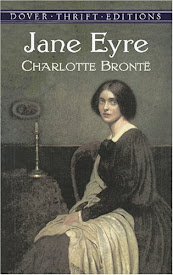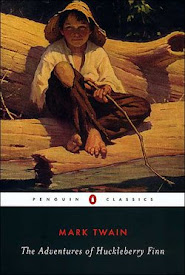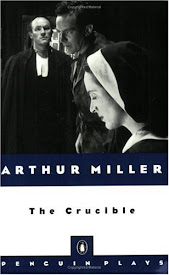1. Rewrite a 5-10 sentence passage from
Jane Eyre in third person.
Original Text:
- "There was I, then, mounted aloft; I, who had said I could not bear the shame of standing on my natural feet in the middle of the room, was now exposed to general view on a pedestal of infamy. What my sensations were, no language can describe; but just as they all rose, stifling my breath and constricting my throat, a girl came up and passed me, in passing, she lifted her eyes. What a strange light inspired them! What an extraordinary sensation that ray sent through me! How the new feeling bore me up!... Helen Burns asked some slight questions about her work of Miss Smith, was chidden for the triviality of the inquiry, returned to her place, and smiled at me as she again went by. What a smile!" (63-64)
My Re-write:
- Jane was there, up on a stool, aloft; she, who once said she could not bear the shame of standing on her natural feet in the middle of the room, was now exposed to general view on a pedestal of infamy. What her sensations were, no language can describe; but just as they all rose, stifling her breath and constricting her throat, a girl came up and passed her; in passing, that girl lifted her eyes. Jane felt inspired by a strange light beaming from the girl's eyes, which bore up a new feeling from her heart... Helen Burns asked some slight questions about her work of Miss Smith, was chidden for the triviality of the inquiry, returned to her place, and smiled at Jane as she again went by. "What a smile!" Jane thought.
2. How does this change the characters, the plot, and your interpretation of the novel?
- Without the connection that was made between readers and the protagonist through the use of first-person point of view, the text appeared to be rationally sober but emotionally numb. We, as readers, are excluded from all the sentimental changes of Jane and therefore became outsiders of the story. A good novel is supposed to make its readers' hearts echo; but here, the use of third-person point of view casts an impenetrable shadow over our protagonist's mind. Completely lacking of emotions, Jane became merely a painting on a fresco, with no dimension at all; thus the character lost the sympathy from her readers, which she originally deserved. It is true that writing from a third-person point of view can make the narration unbiased; but the sarcasm is that we are, in fact, reading a novel at leisure, not judging an indictment in court - trying to be the judge of any characters in a novel is, in the first place, nonsensical.














